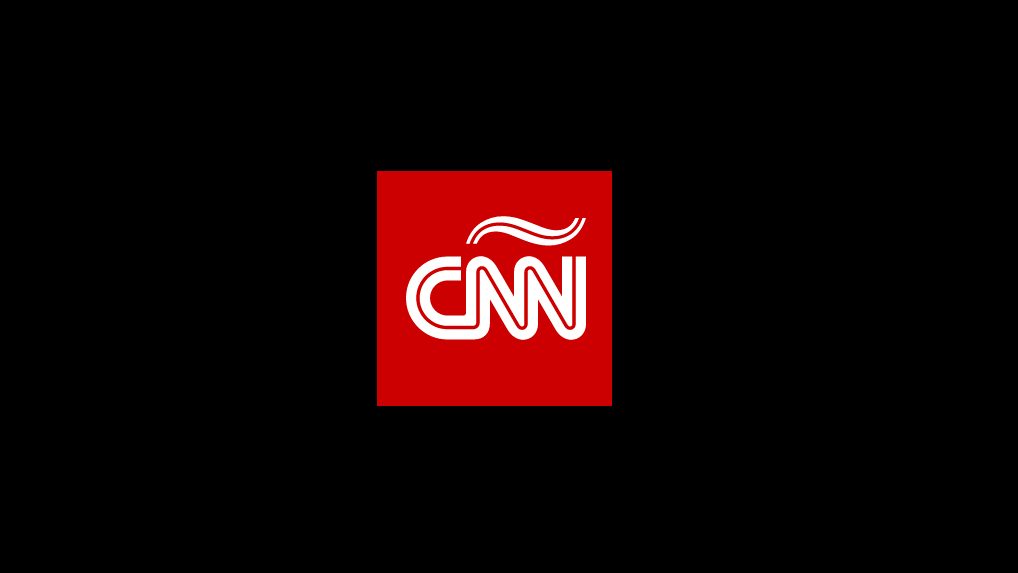By: Roger Noriega
From: The American
 |
| Roger Noriega |
Venezuelan dictator Hugo Chávez told a gathering of regional heads of
government in Caracas on Saturday that, “Roger Noriega wants me to
die.” That’s
not quite true. Even less true is Chávez’s unbelievable assertion that
four rounds of chemotherapy left him “without a single carcinogenic
cell” in his body. Chávez is forced to make such an absurd
claim—insulting the intelligence of 30 or so statesmen and 30 million
Venezuelans—in a desperate effort to give his corrupt cronies an
advantage as they try to hold things together after his impending death.
For the record, I have published on several occasions that the
doctors who have been treating Chávez since June believe that his
cancer—beginning in the prostate and spreading to his lymph glands,
colon, and bones—is terminal. My initial comment on this subject
was intended to alert the Venezuelan opposition of the plotting by
regime insiders to hold on to power at all costs. “The opposition must
get busy to persuade their nation that they offer a healthier vision
than Chavismo’s cynical cronies,” I wrote in the Miami Herald in July.
A succession of reports leaked to the AEI Venezuela project from
within Chávez’s medical team has confirmed the initial dire assessment.
The most recent projection is that he will die before the October 2012
presidential elections.
Chávez’s decision to deceive his people is risky. Indeed, the people
most likely to be fooled by his claims are his most fervent followers.
So, when their leader eventually succumbs to his illness, his cronies
will be left scrambling to hold on to their political base, which they
have been lying to for a year. Ironically, Venezuela’s democratic
opposition does not seem to be fooled by Chávez’s story, and they appear
to be prepared for any contingency. If Chávez is on the ballot next
October, an opposition candidate has a chance to beat him; if he is not,
the democratic alternative’s prospects improve considerably.
Indeed, when Chávez falters, all bets are off. Once
Chávez fades or dies, the military will wield unparalleled power in
managing the ensuing chaos. And the military’s current leaders—several
of whom have been branded narco-kingpins by U.S. authorities—cannot and
will not run the risk of losing power. So, they can be expected to
resort to any option—including scuttling the elections and violent
repression—to maintain their safe haven. When that happens, Venezuela’s
opposition will hope that military leaders loyal to the constitution
(along with the world’s democrats) will stand with them.
If that sort of chaotic succession battle ensues, the reaction of the
international community—particularly Washington—could be decisive. As a
matter of fact, my primary objective in alerting the public to Chávez’s
condition has been to awaken slumbering U.S. diplomats who have been
sitting on the sidelines as Cubans, Russians, and Chinese fill the power
vacuum in Venezuela and the rest of the region. In the coming year, the
United States may have to play a legitimate role in insisting that all
sides, particularly the regime and its destructive foreign backers,
respect a constitutional transition. That means adhering to the current
electoral timetable, holding a fair campaign monitored by independent
observers, and respecting the results of the election. Although the
current Latin America team in the State Department cannot be counted on
to get this right, there is reason to hope that Secretary of State
Hillary Clinton will exert some leadership in the critical months ahead.
Of course, as Washington slumbers, other regional leaders may be
called upon to rally a constructive regional response. Some of the men
who heard Chávez lie about his immortality on Saturday may soon play a
positive role in ensuring a healthy, peaceful transition after he
passes. The rescue and rehabilitation of that South American country is
in the interest of the entire region.
Regional leaders will find that Venezuela’s opposition is offering a
positive alternative for the future. Five extraordinarily decent
democrats—four of them in their thirties or early forties—who are
competing for votes in a primary to produce a unity candidate next
February. Outside observers should also remember that the opposition
slate won a majority of the votes in National Assembly elections in
September 2010. Moreover, Chávez has been forced to accept defeat when
major constitutional reforms were rejected in 2007 and when opposition
candidates won state governorships in 2008.
When Chávez dies, he will leave behind a wrecked economy and a
polarized nation. If the United States and the international community
wake up before it is too late and side with democracy, Venezuelans may
soon begin the hard work of burying Chavez’s destructive legacy.




































0 comentarios:
Publicar un comentario
Haga su comentario